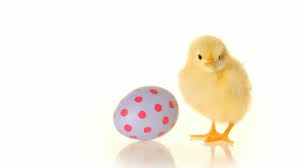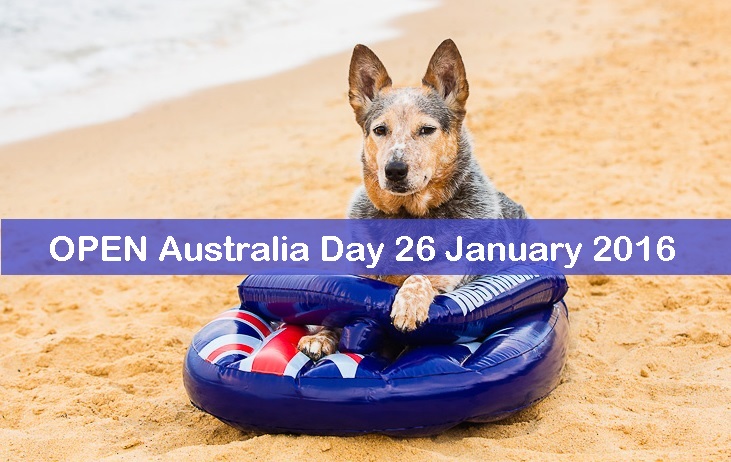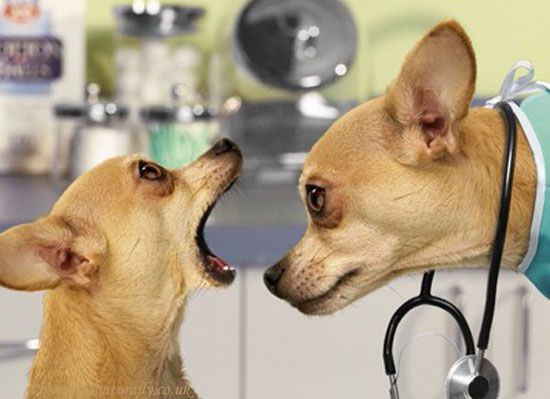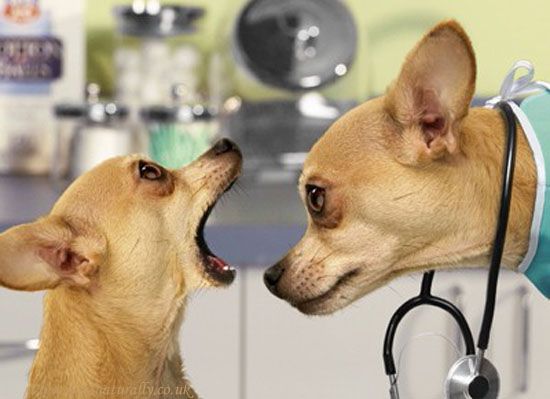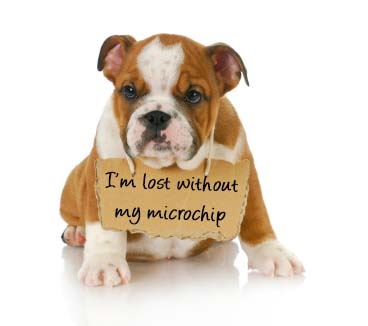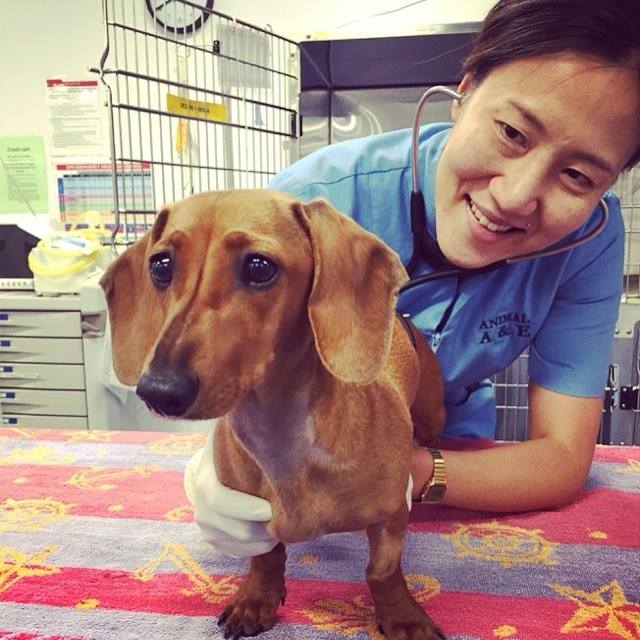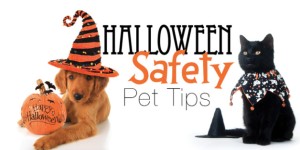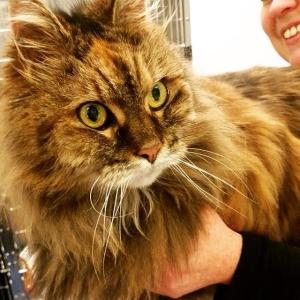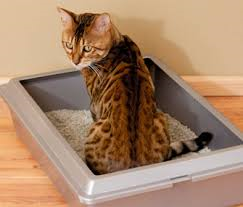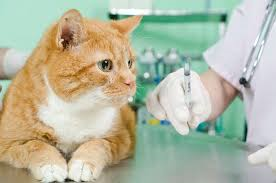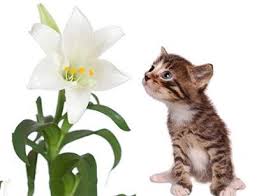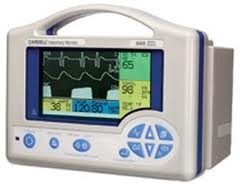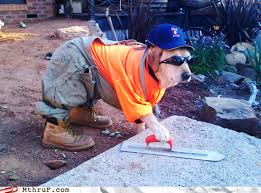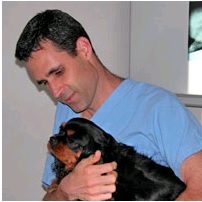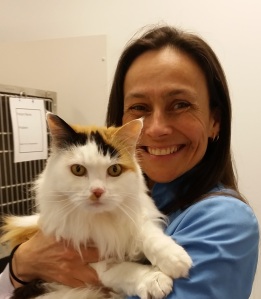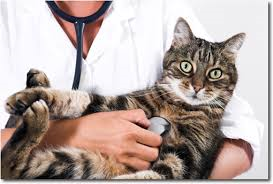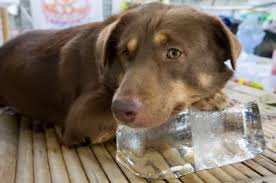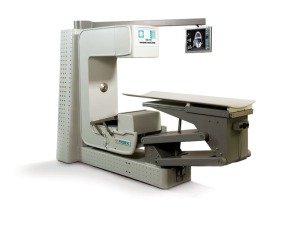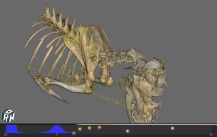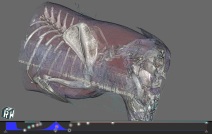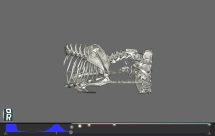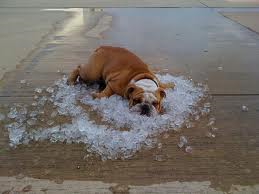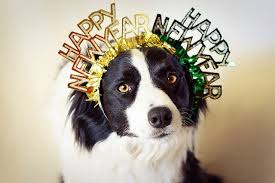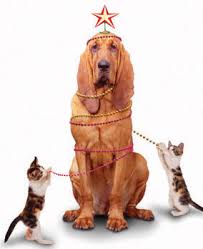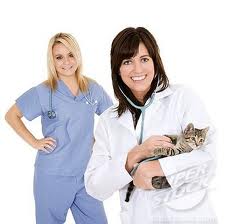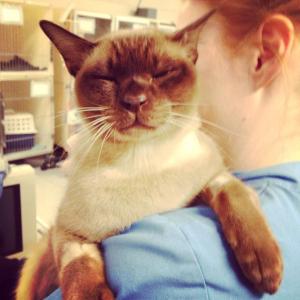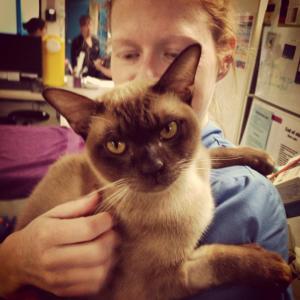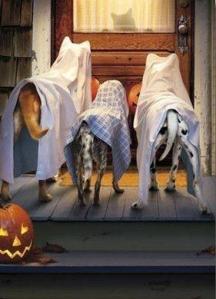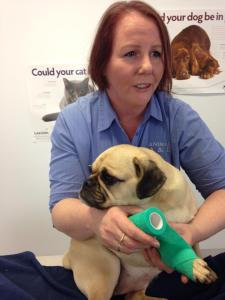
Mischka is a 9 month old poodle cross that was referred to our Essendon 24 Hr Vet Emergency Hospital stabilization after being stung by a bee.
Mischka was examined by Dr Eugene Ong one of our Emergency Vets and found to be displaying signs of a severe anaphylactic reaction (muddy coloured mucous membranes, poor blood pressure, weakness, altered mentation, bloody diarrhea , vomiting and excessively fast heart rate). It was also noticed during examination that Mischka had abnormal bruising under her skin suggesting that she had possibly developed a coagulopathy (bleeding disorder that occurs with life threatening anaphylactic reactions)
Given the severity of her condition, any delay in receiving emergency treatment would compromise her chances of survival. Mischka was admitted to our Pet ICU for intravenous fluid therapy as we attempted to correct her blood pressure and reduce the risk of her developing further organ damage. In addition, comprehensive blood tests were performed in-house to assess for changes in red and white cell levels, blood coagulation times and liver and kidney parameters.
Mischka’s blood results indicated that she had lost a significant amount of blood and protein from diarrhoea and bleeding into the gastrointestinal tract. More importantly however, her blood tests confirmed our earlier suspicions that Mischka had developed a coagulopathy (bleeding disorder) which would be fatal unless treated appropriately.
Fortunately, Mischka responded very well to our initial fluid treatment and we were soon able to restore her blood pressure to normal levels and commence the next stage of treatment for coagulopathy. A plasma transfusion was performed over the course of the next 4 hours to replace the coagulation factors that had been lost as a result of her anaphylactic episode. During this time, a dedicated nurse was on hand with specialized monitoring equipment (ECG, blood pressure monitor, pulse oximetry) to keep a close eye on Mischka for any signs of a transfusion reaction. Post-transfusion, another blood test was repeated and showed that her blood coagulation times had returned to normal.
Over the next 48 hours, Melbourne Animal Hospital kept a round the clock watch on Mischka as we continued to manage her symptoms of vomiting and bloody diarrhoea. Being the plucky little fighter that she was, Mischka bounced back remarkably and soon regained her appetite and zest for life. 48 hours after her near-death experience, Mischka was on her way home with her very relieved mom.
We wish Mischka a speedy recovery!
Frequently Asked Questions
What is an anaphylactic Reaction?
https://animalaccidentemergency.wordpress.com/2014/05/19/emergency-vet-treatment-for-anaphylaxis/
An anaphylactic reaction is a hypersensitivity reaction of the body to a foreign material or antigen. Common antigens in animals include insect stings, drugs and vaccines. Once developed, animals tend to show clinical signs within half an hour of the exposure. Clinical signs may vary in severity from mild itch or swelling and progress rapidly to life-threatening situations such as shock as seen with Mischka. As such, anaphylactic reactions should always be treated seriously and we recommend that your animal is seen by a veterinarian as soon as possible to determine if any medical treatment is required.
Repeat episodes and the use of EpiPen®
When an animal suffers a repeat exposure, clinical signs may be more severe than the first exposure and they should be seen urgently by a veterinarian should they develop any clinical signs.
In humans, EpiPen® (Adrenaline [Australia] / Epinephrine [North America] auto-injectors) are commonly carried by people at risk of suffering anaphylaxis so that they may be administered immediately once a reaction develops. Not surprisingly, there has been interest within the veterinary community regarding the benefits of such a practice in veterinary medicine and owners often query if they too should have an EpiPen® on standby so they too may administer it to their pets in the event of a repeat exposure.
At this juncture, we cannot recommend the use of EpiPen® for pets for several reasons. Firstly, adrenaline is used for the treatment of anaphylaxis in humans to stop and reverse bronchospasm (airway spams) and airway swelling due to the risk of death from asphyxiation. This is however an uncommon situation in small animals who instead tend to develop severe gastrointestinal signs and blood volume deficiencies. These effects cannot be corrected by the administration of adrenaline alone and require large volumes of intravenous fluids as given to Mischka when she first presented to us.
Secondly, animal requirements for adrenalin vary markedly from humans therefore attempting to administer an appropriate dose with an EpiPen® is challenging. Administering an inappropriate dose is risky and can be fatal.
Finally, precious treatment time may be wasted when trying to administer adrenaline and may put the person trying to administer it at risk of getting bitten by a highly distressed animal. EpiPen® needles are very short and therefore administration of adrenaline by owners under the skin to an animal with poor peripheral circulation is unlikely to be of any significant benefit.
Based on the above reasons, we cannot recommend the use of EpiPen® in animals at this point in time until there is evidence to justify its use in anaphylactic animals.

www.animalemergency.com.au
